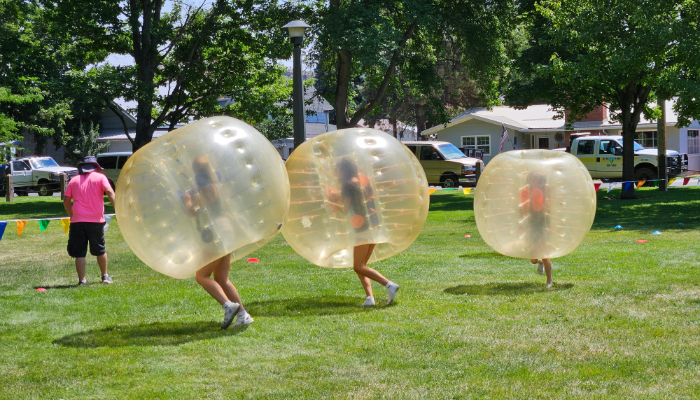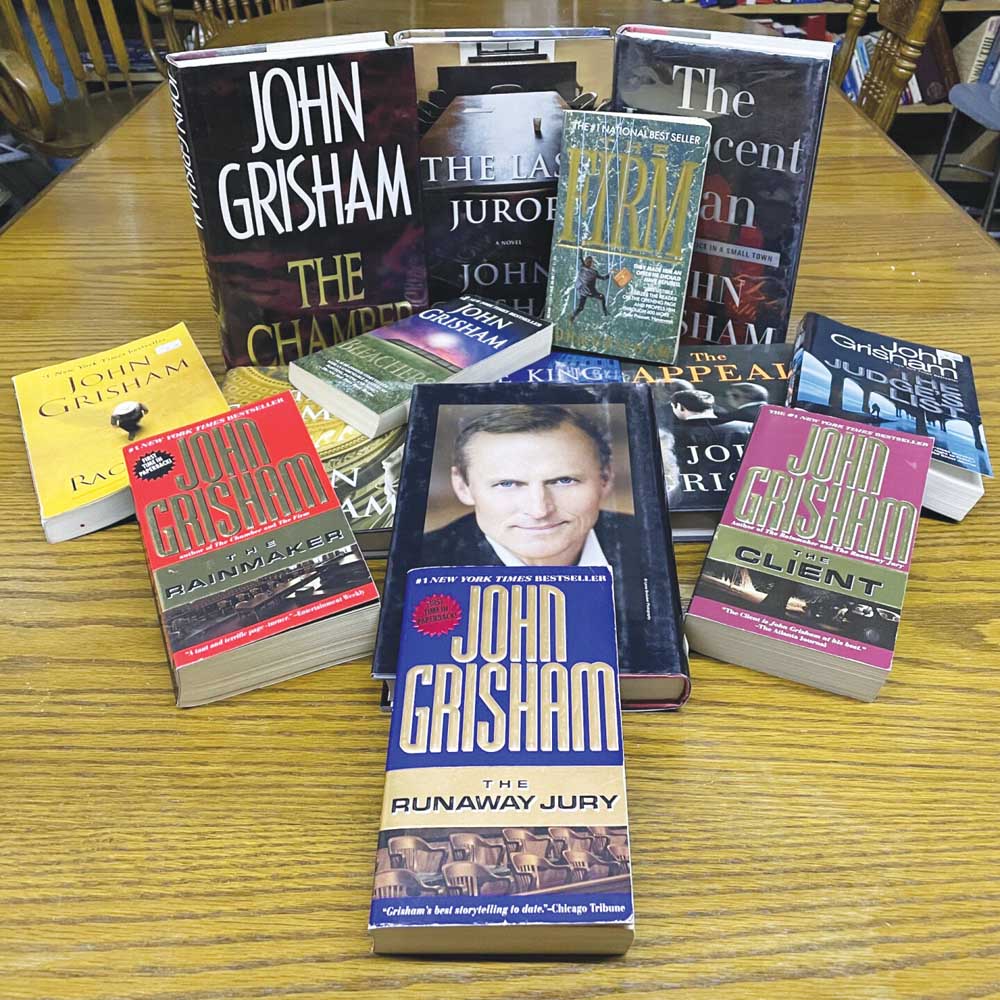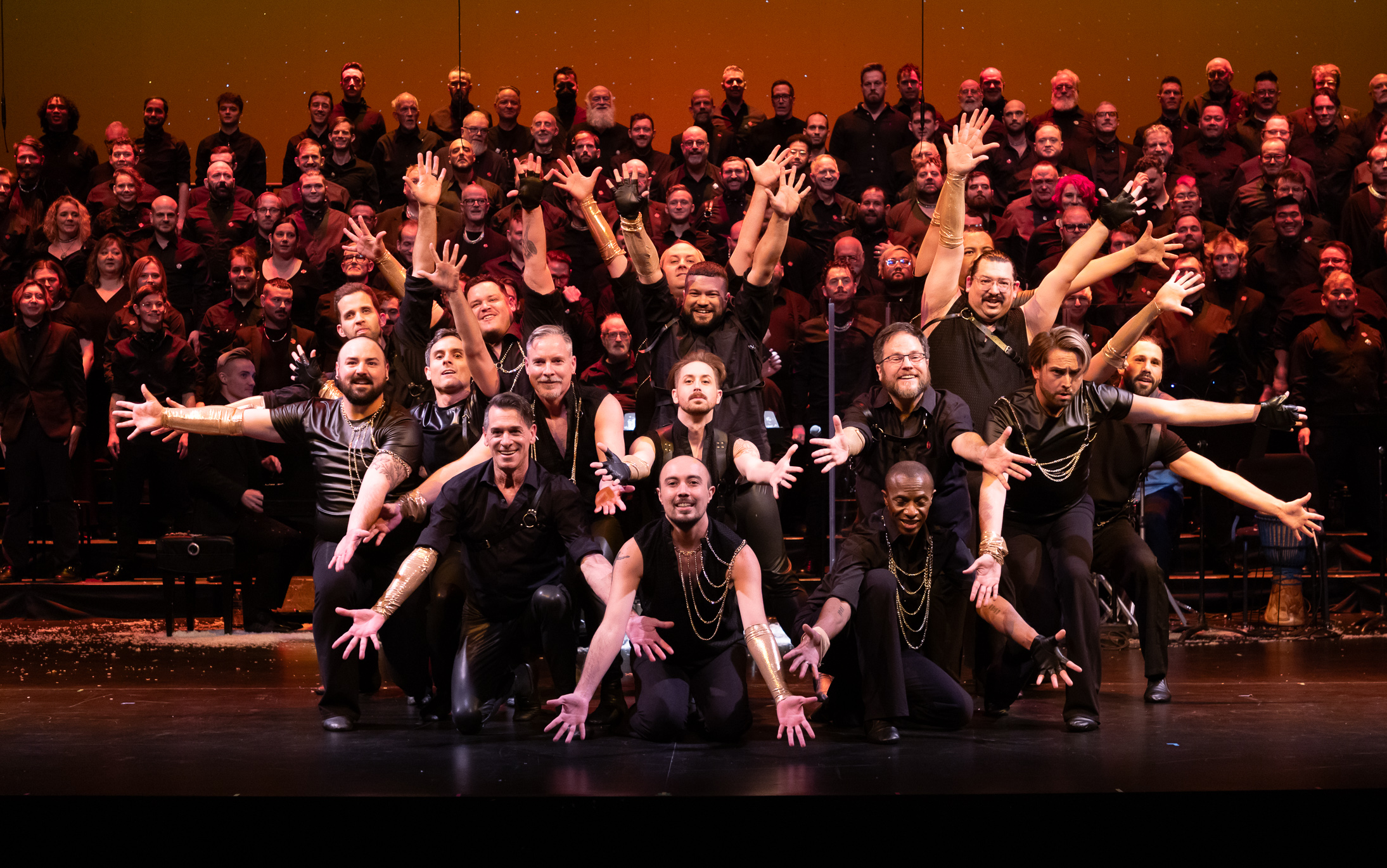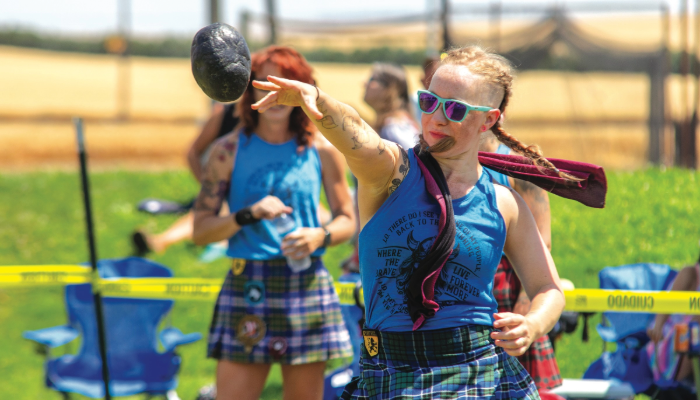From ‘Winter Moons’ to ‘Appalachian Spring’ — Oregon East Symphony presents pair of American ballet suites
Published 3:00 am Monday, February 28, 2022
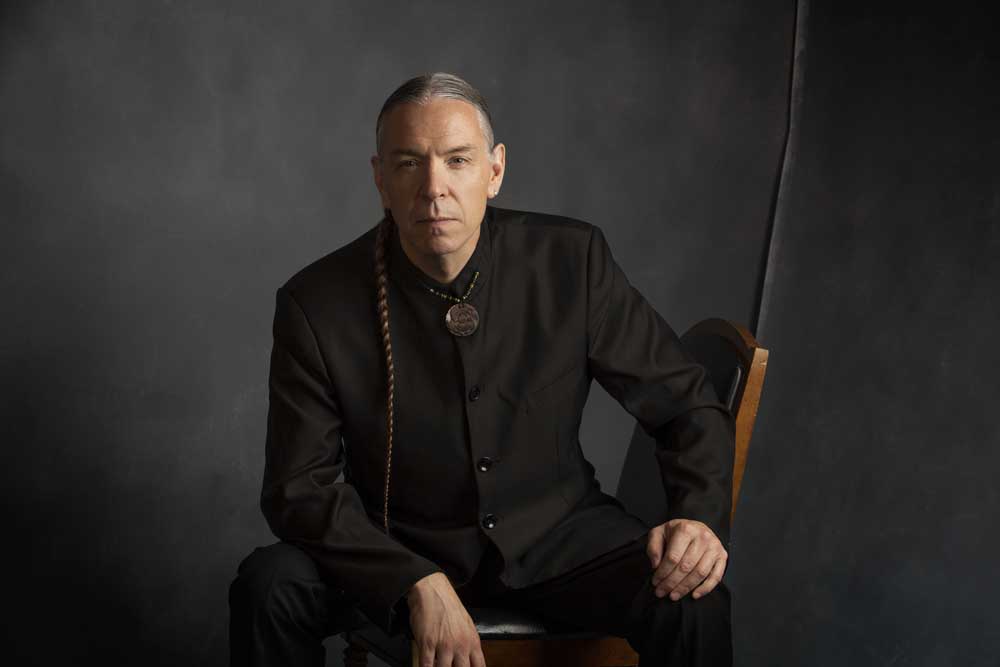
- Jerod Impichchaachaaha’ Tate composed “Winter Moons,” featured in the March 12 and 13 performances by the Oregon East Symphony.
PENDLETON, HERMISTON — Thanks to a grant from the Roundhouse Foundation, the Oregon East Symphony will offer free general admission to its spring concert “Winter Moons.”
Trending
Performances are set for 7:30 p.m. Saturday, March 12, at the Vert Auditorium, 480 SW Dorion Ave. in Pendleton, and 2:30 p.m., Sunday, March 13, at the Hermiston High School Auditorium, 600 S. First St.
Complimentary general admission tickets to each concert are available at the OES office, 345 SW Fourth St. in Pendleton. For a list of other ticket locations, visit OregonEastSymphony.org. Reserved seating is available for purchase by calling 541-276-0320 or visiting the website. Masks are required at both performances.
OES conductor and artistic director Dr. Beau Benson will lead the symphony in performing a pair of American ballet suites from Native American and pioneer experiences: Jerod Impichchaachaaha’ Tate’s “Winter Moons” and Aaron Copland’s “Appalachian Spring.”
Trending
According to a press release, “Winter Moons” is a ballet based on American Indian legends from the Northern Plains and Rocky Mountains. The title of the ballet comes from the idea that American Indian stories are best told during the full moons of the wintertime. “Winter Moons” was Tate’s first composition, commissioned and choreographed by Tate’s mother, Dr. Patricia Tate, in 1992, for the University of Wyoming Department of Theatre and Dance.
The younger Tate, a classical composer and citizen of the Chickasaw Nation in Oklahoma, is dedicated to the development of American Indian classical composition. A Washington Post review states that “Tate is rare as an American Indian composer of classical music. Rarer still is his ability to effectively infuse classical music with American Indian nationalism.”
His commissioned works have been performed by the National Symphony Orchestra, San Francisco Symphony and Chorus, Dallas Symphony Orchestra, Detroit Symphony Orchestra, Minnesota Orchestra, Buffalo Philharmonic Orchestra, Oklahoma City Philharmonic, Winnipeg Symphony Orchestra, South Dakota Symphony Orchestra, Colorado Ballet, Canterbury Voices, Dale Warland Singers, Santa Fe Desert Chorale and Santa Fe Chamber Music Festival.
In addition to his work based upon his Chickasaw culture, Tate has worked with the music and language of multiple tribes, such as Choctaw, Navajo, Cherokee, Ojibway, Creek, Pechanga, Comanche, Lakota, Hopi, Tlingit, Lenape, Tongva, Shawnee, Caddo, Ute, Aleut, Shoshone, Cree, Paiute and Salish/Kootenai.
Tate’s middle name, Impichchaachaaha’, means “his high corncrib” and is his inherited traditional Chickasaw house name. A corncrib is a small hut used for the storage of corn and other vegetables. In traditional Chickasaw culture, the corncrib was built high off the ground on stilts to keep its contents safe from foraging animals.
Copland’s “Appalachian Spring” was created by commission of the choreographer and dancer Martha Graham with funds from the Coolidge Foundation. It premiered on Oct. 30, 1944, at the Library of Congress in Washington, D.C., with Graham dancing the lead role. It was originally scored for a 13-instrument chamber orchestra and later achieved widespread and enduring popularity as an orchestral suite. Its story tells of a spring celebration of the American pioneers of the 19th century, after building a new Pennsylvania farmhouse.
Since the piano is a prominent instrument in both “Winter Moons” and “Appalachian Spring,” OES will welcome Dr. Matt Cooper as part of the ensemble. Cooper is a Professor Emeritus of Music at Eastern Oregon University. He earned his doctorate in piano performance at the University of Cincinnati College-Conservatory of Music and has performed many recitals, concertos and chamber music concerts throughout the U.S. as well as in the Russian Far East.
With OES concertmaster Lisa Robertson and cellist Ed Dixon, Cooper was a longtime member of the Columbia Trio. He has previously appeared as a soloist with OES performing Mozart’s Concerto No. 21 in C (the “Elvira Madigan”) and, as a member of the Trio, the Beethoven Triple Concerto. He has also appeared as a soloist with the Grande Ronde Symphony and the Chamber Ensemble “Gloria” (Khabarovsk, Russia).
Also a jazz pianist, Cooper has toured with the Woody Herman Orchestra and performed with Nancy King, Eddie Harris and many others, and he was a bronze medalist in the 1988 Thelonious Monk International Piano Competition and Great American Jazz Piano Competition. He has released several jazz CDs as well as a classical piano four-hands CD with Beth Tomassetti. He is the author of “Duke Ellington as Pianist: A Study in Styles.”


